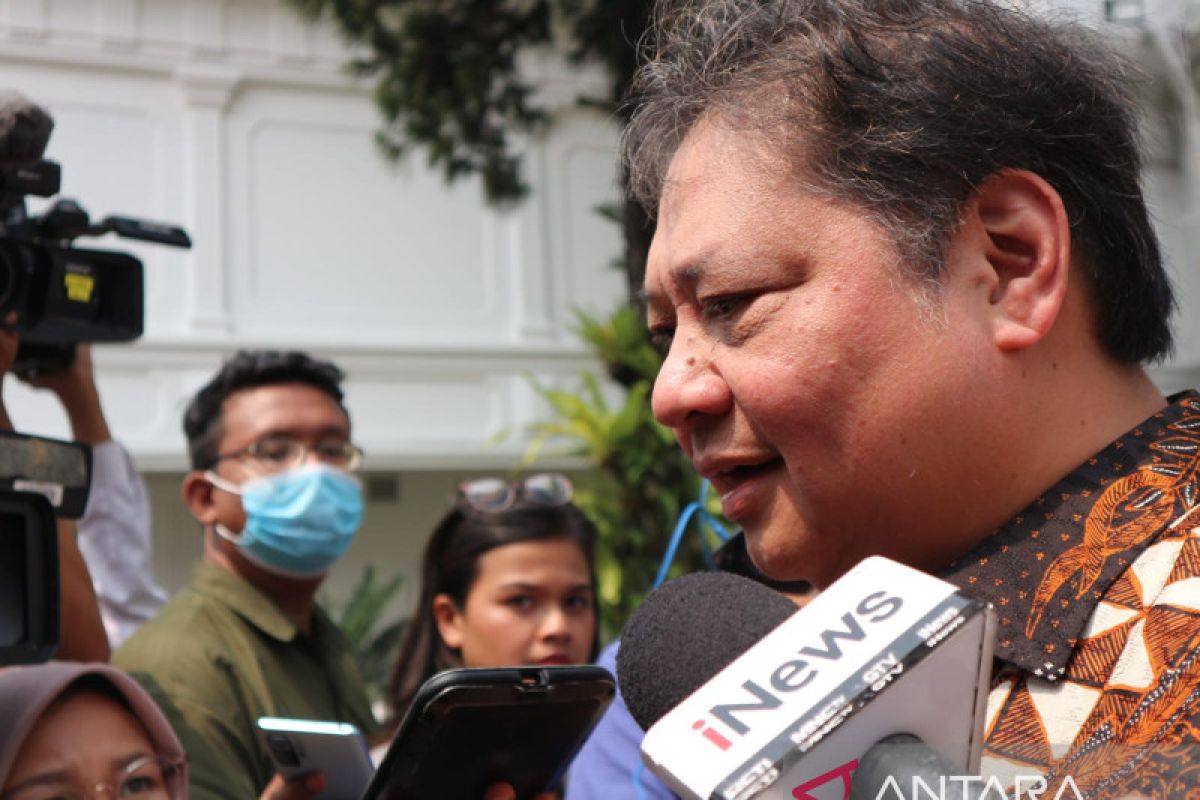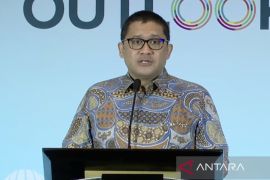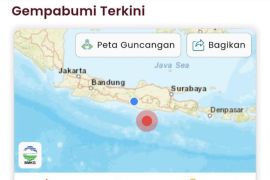"The (manufacturing) industry is multi-sectoral, so (to boost it) we look at the global situation, encourage new markets, and maintain it in the form of CEPAs," Coordinating Minister for Economic Affairs Airlangga Hartarto said here on Monday.
He made the statement in response to a decline in Indonesia's PMI to 50.3 in May 2023 from 52.7 in April, as recorded in an S&P Global report.
According to him, the decline in PMI in May, the lowest expansion level recorded since November 2022, could be attributed to slowing global demand.
The government will continue to monitor global and domestic economic conditions that have an impact on demand in the Indonesian economy, he informed.
He said he is not too worried about the projected decline in Indonesia's manufacturing PMI in the next few months, saying the expansion will happen again.
"I'm not worried," he said.
Jingyi Pan, economics associate director at S&P Global Market Intelligence, said Indonesia's PMI declined in May this year due to weaker domestic and global economic conditions, which affected new demand.
According to her, it is very important to monitor how persistent the latest decline in demand will be as this will affect the near-term growth outlook.
Meanwhile, weaker demand has led to fewer cost pressures on Indonesian manufacturers.
This means softer selling price inflation in the goods producing sector, thus reflecting Bank Indonesia's efforts in bringing inflationary pressures down via monetary policy tightening, she said.
Manufacturing PMI is an economic indicator that reflects the confidence of business managers in the manufacturing sector.
A reading above 50 reflects business sector expansion, whereas a level below 50 indicates contraction.
Related news: PMI increase could boost investment: Minister
Related news: Strengthening manufacturing PMI indicates business optimism: Ministry
Translator: Indra P, Kenzu
Editor: Rahmad Nasution
Copyright © ANTARA 2023












